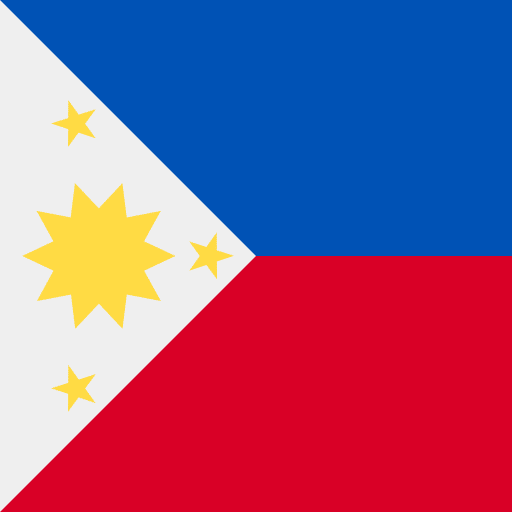Table of Contents
Exploring Online Casino Regulations in Asia: Navigating a Dynamic Landscape
Online casinos have witnessed a significant surge in popularity across the globe, and Asia is no exception. As the digital realm continues to transform the gambling landscape, it’s crucial to understand the regulatory frameworks that govern online casinos in various Asian countries. Each nation within Asia has its unique approach to online gambling regulations, shaped by its cultural, economic, and social context.

1. Diverse Regulatory Approaches
Asia showcases a diverse range of approaches towards online casino regulations. For instance, Macau, often dubbed the “Gambling capital of the world,” has a well-established and regulated casino industry, including online gambling. Conversely, countries like Japan and Thailand have stringent anti-gambling laws, making online gambling largely illegal.
2. Macau: The Gambling Hub
Macau, a special administrative region of China, stands as a prime example of a region with a flourishing gambling industry. The government of Macau has a robust regulatory framework in place, allowing for both land-based and online casino operations. Licensing and stringent oversight ensure fair play and responsible gambling


3. The Philippines: An Emerging Player
The Philippines is gradually emerging as a key player in the online gambling industry regulations. The Philippine Amusement and Gaming Corporation (PAGCOR) oversees and regulates online casinos. Licensing is provided to operators, ensuring they adhere to specific standards of fairness, security, and responsible gaming.
4. Singapore: A Strict Regulatory Approac
Singapore has a strict stance on online gambling. The Remote Gambling Act of 2014 prohibits most forms of online gambling. Only a state-run online betting platform and specific exemptions are allowed under the law.

5. Japan: An Evolving Landscap
Japan has been relatively conservative in its approach to gambling, but this is changing. The Integrated Resorts (IR) Implementation Act, passed in 2018, has set the stage for the development of integrated resorts, including casinos. While land-based casinos are gaining traction, the stance on online gambling remains stringent.
6. Thailand and South Korea: Strict Anti-Gambling Laws
Thailand and South Korea maintain strict anti-gambling laws. Gambling, including online gambling, is largely prohibited. In Thailand, the Gambling Act of 1935 is the primary legislation that enforces the ban, while in South Korea, the Criminal Act addresses gambling offenses.
7. Navigating the Regulatory Landscape
For operators and players, navigating this diverse regulatory landscape is crucial. It requires a comprehensive understanding of the laws and regulations specific to each country. Complying with these laws is vital to ensure legal operations and a safe, responsible gambling environment.
8. Looking Ahead: Potential Trends
As the gambling landscape continues to evolve, there are indications of shifts in regulatory approaches. Some countries may reconsider their stance on online gambling to harness its economic potential, while others may further tighten regulations to address social concerns.
In conclusion, the regulatory landscape for online casinos in Asia is varied and continuously evolving. It’s imperative for stakeholders, including operators and players, to stay informed about the regulatory frameworks of specific countries to engage in legal and responsible gambling activities. The dynamics of this landscape will undoubtedly shape the future of online gambling in the region.

Online casinos have witnessed a significant surge in popularity across the globe, and Asia is no exception. As the digital realm continues to transform the gambling landscape, it’s crucial to understand the regulatory frameworks that govern online casinos in various Asian countries. Each nation within Asia has its unique approach to online gambling regulations, shaped by its cultural, economic, and social context.
Mastering online casino games involves a blend of understanding game-specific strategies, effective bankroll management, utilizing bonuses, continuous learning, and practicing discipline. It’s crucial to approach gambling responsibly, viewing it as a form of entertainment rather than a guaranteed source of income. By implementing these strategies and approaching online casino gaming with a strategic mindset, players can enhance their gameplay and potentially increase their winnings, ensuring a fulfilling and enjoyable gambling experience.
Frequently Asked Questions (FAQs)
There are several ways to deposit money into your Lucky Cola Casino account. You can use a credit or debit card, bank transfer, or e-wallet services like GCash and MAYA. The minimum deposit amount is PHP 100, and there are no fees for deposits.
Withdrawals can be made using the same methods as deposits. The minimum withdrawal amount is PHP100, and there are no fees for withdrawals.
Live Casino are streamed online in real-time, where real dealers shuffle, deal and interact with Live Casino players. Play Live Blackjack, Live Roulette, and Live Baccarat and Live Ultimate Texas Hold’em from the comfort of your home.
Participating in live casinos isn’t difficult and your first step should be to find a reputable online casino company, then open an account. It is quick and easy to choose a place to play and once you’re in, you just need to move to the live casino section.
Lucky Cola Casino offers a variety of bonuses and promotions to its players. New players can take advantage of a welcome bonus, while existing players can take advantage of reload bonuses, cashback offers, and more. Be sure to check the Promotions page on the website for the latest offers.
Yes, Lucky Cola Casino is a safe and secure online casino. The site uses 128-bit SSL encryption to protect player data, and all transactions are processed through a secure server. Additionally, Lucky Cola Casino is accredited by the Philippine Amusement and Gaming Corporation (PAGCOR).












































